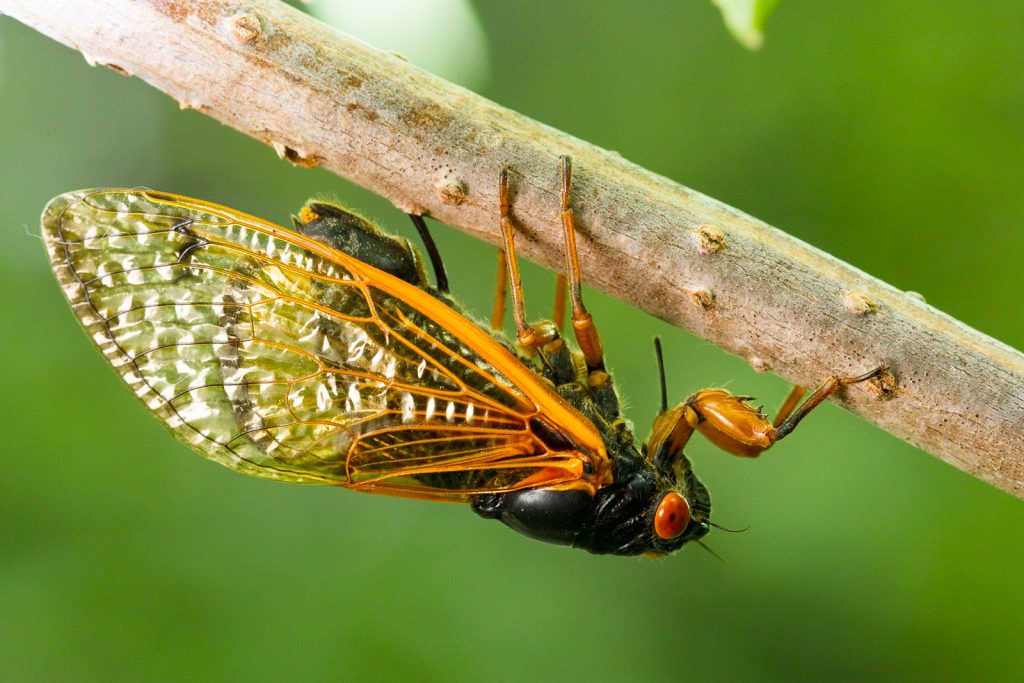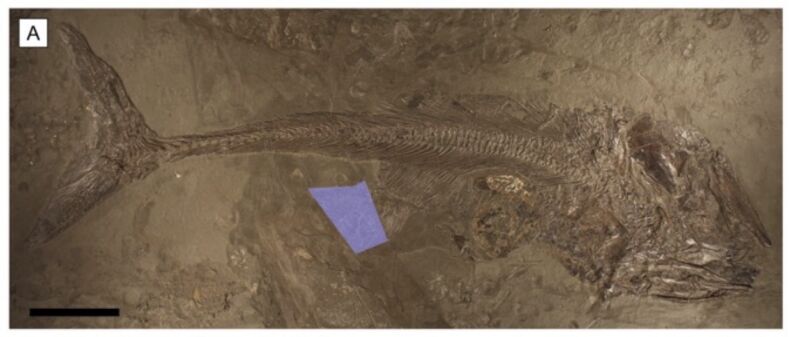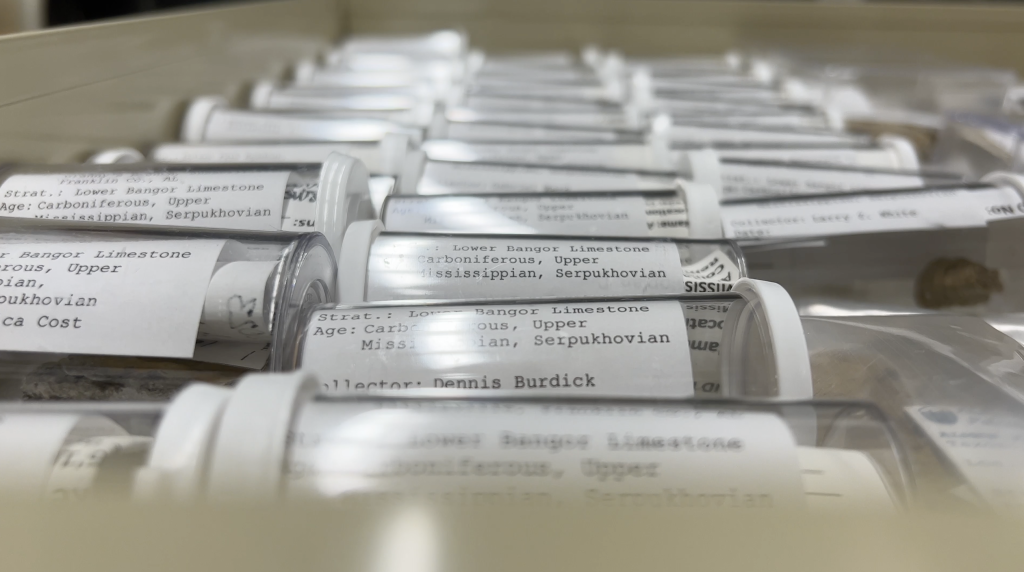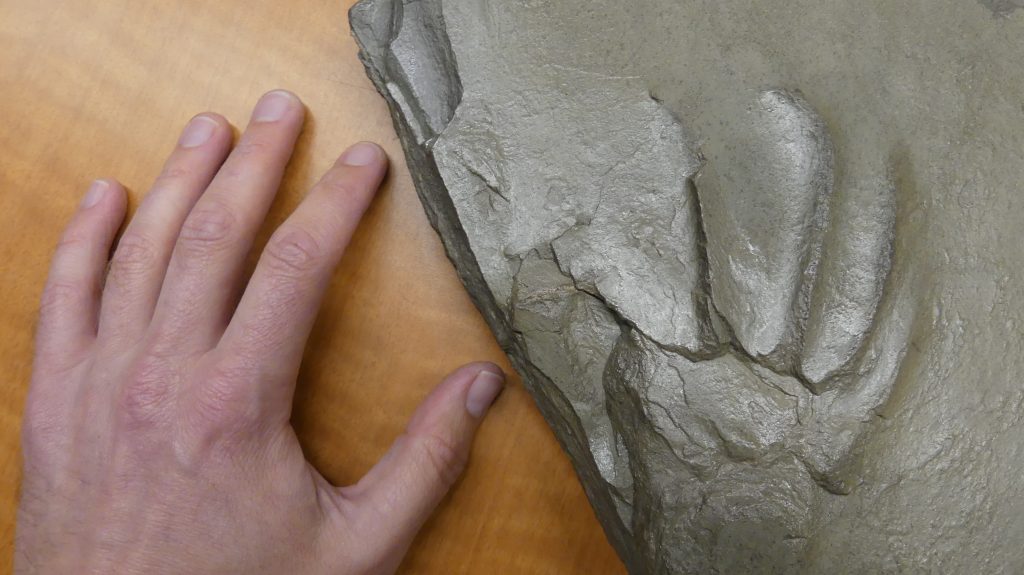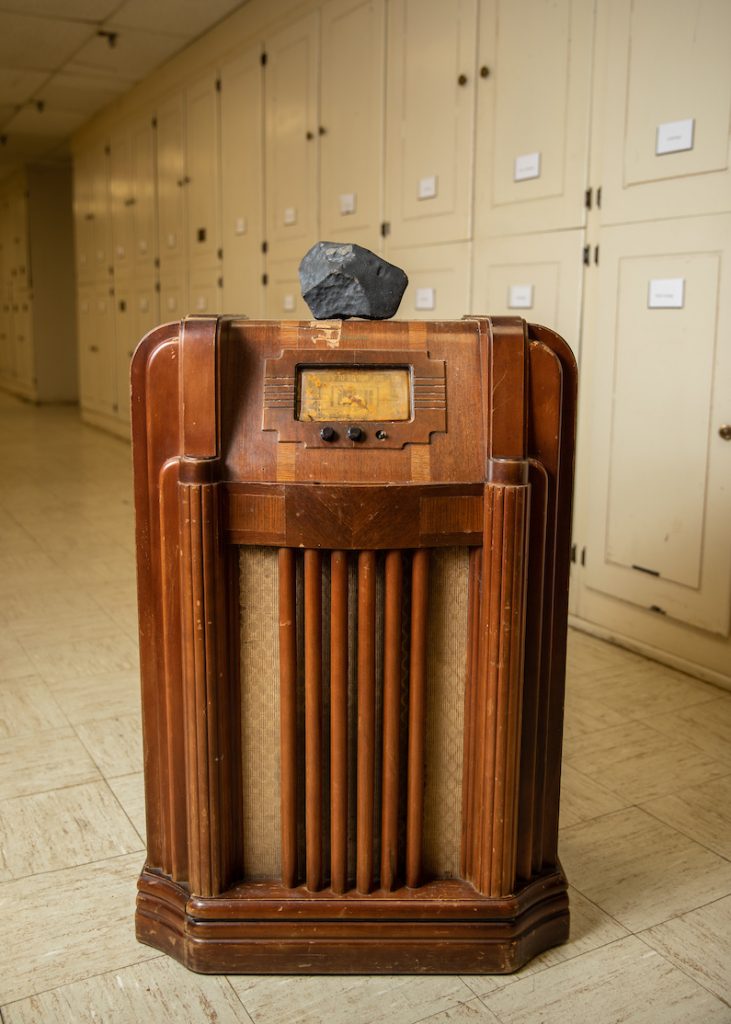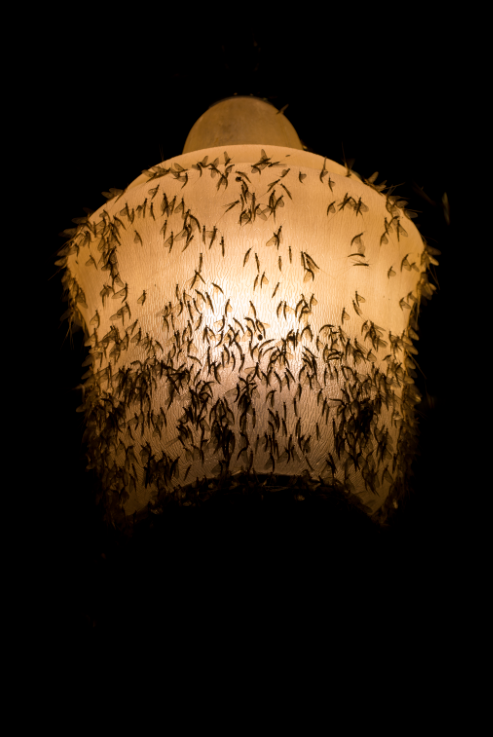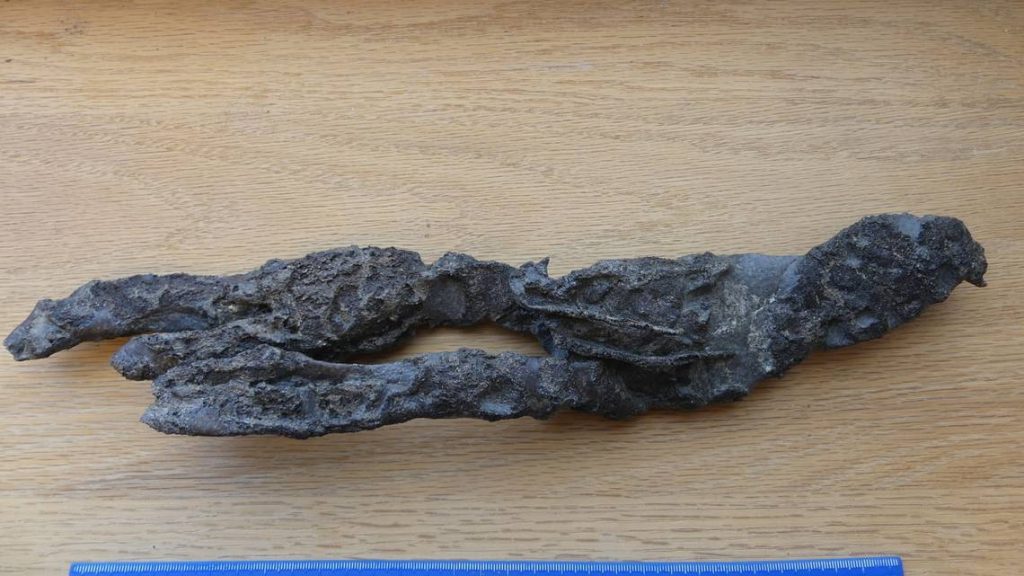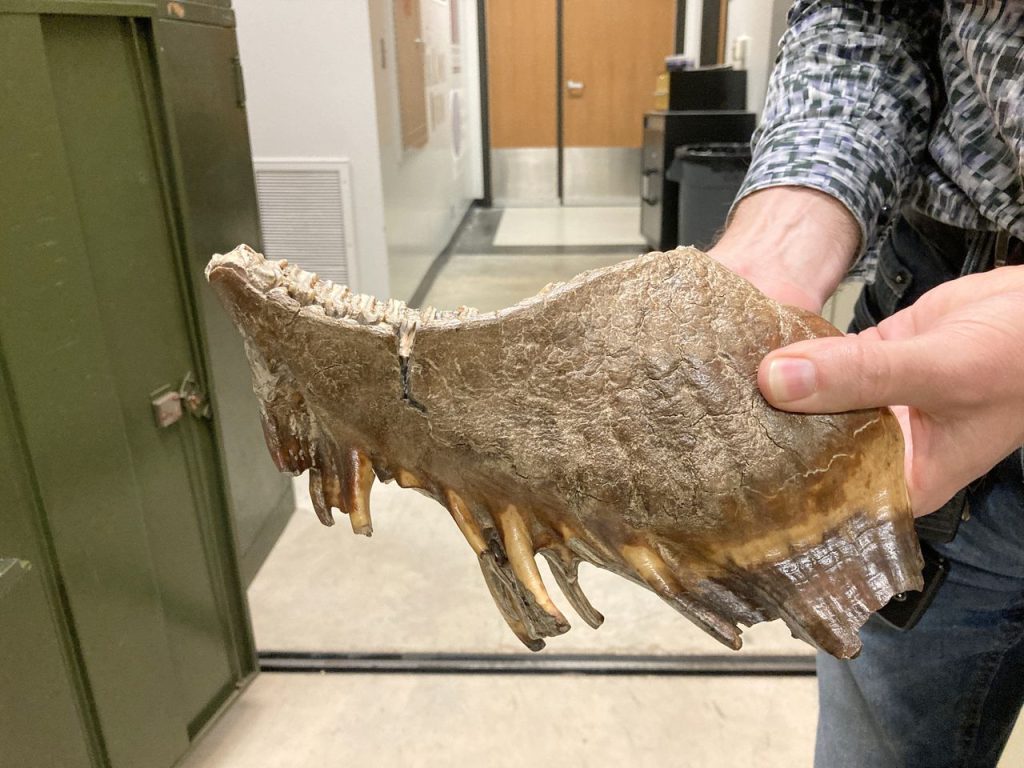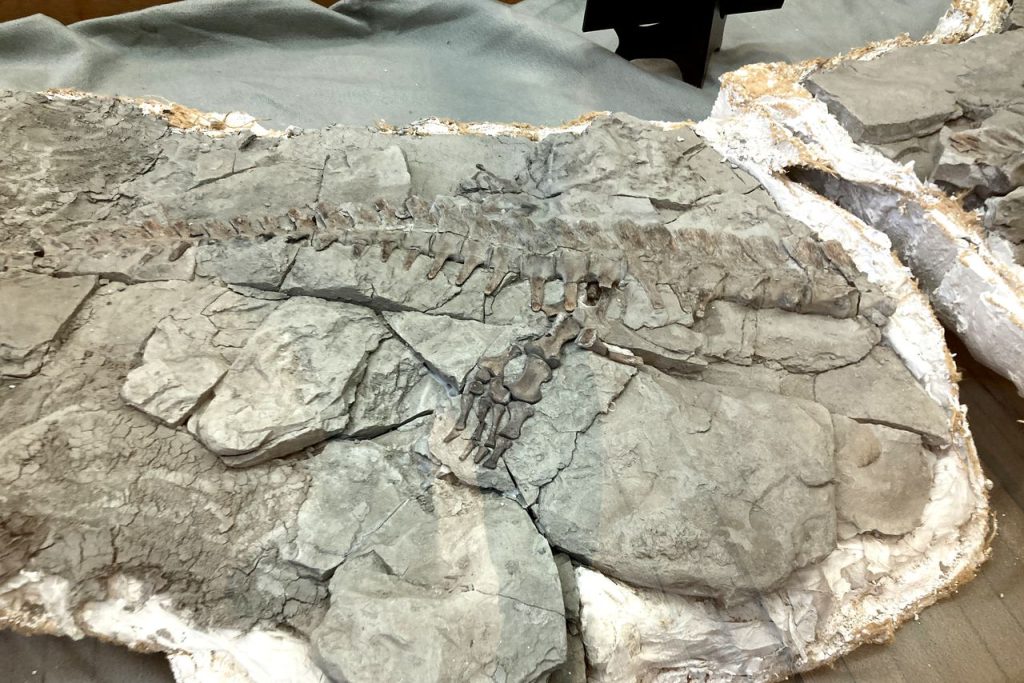That incessant buzzing sound you’ve been hearing for weeks now is not in your head. It’s mostly in the trees and bushes and all over your yard. It’s the (actually) harmless cicada. Dr. John Abbott, an entomologist and chief curator and director of The University of Alabama department of museum research and collections, said adult cicadas live four to six weeks and it’s the males we hear calling. This is Brood XIX coming out this year. There were some stragglers […]
The Buzz About Cicadas

